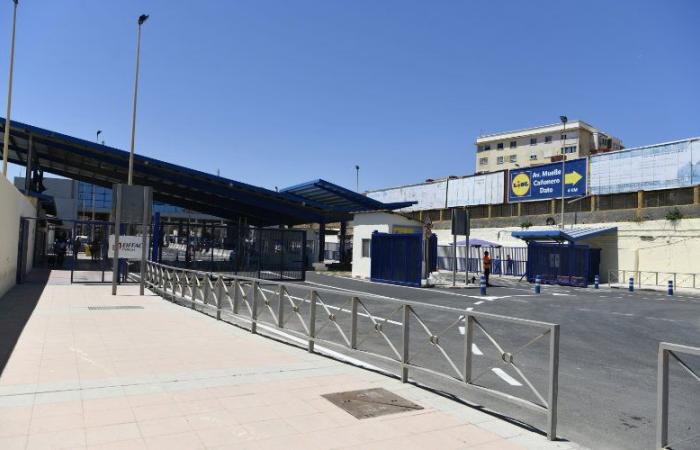Cross-border workers who go to Sebta every day to earn their living fear losing their jobs. For several days, the competent Moroccan services have refused to issue them with residence certificates, a document necessary to renew their work permit in Sebta. A measure that harms these Moroccans who need this work to continue to provide for the needs of their families.
Without work permits, cross-border workers will have no choice but to live illegally in the autonomous city and try to obtain a residence permit, analysis The Confidentialhighlighting the difficulty of obtaining this document, a full-time employment contract with a monthly salary of around 1,700 euros being required from Spanish employers.
Read: Moroccans in Sebta risk losing their jobs
Mostly women, cross-border workers work as domestic servants or in the hotel and catering sectors, or construction for men. Before the Covid-19 pandemic, their number was estimated at more than 2,000. Then it dropped considerably after the reopening of the borders in 2022 due to the imposition of visas for Sebta and Melilla.
A palliative solution was found by Spain: a specific visa granted free of charge by the Spanish consulate in Tetouan to these women who continued to go to work in Sebta and were even affiliated to social security. At the start of 2024, the Moroccan police stopped stamping the passports of cross-border workers. No official reason has been given to justify this measure.
Morocco






